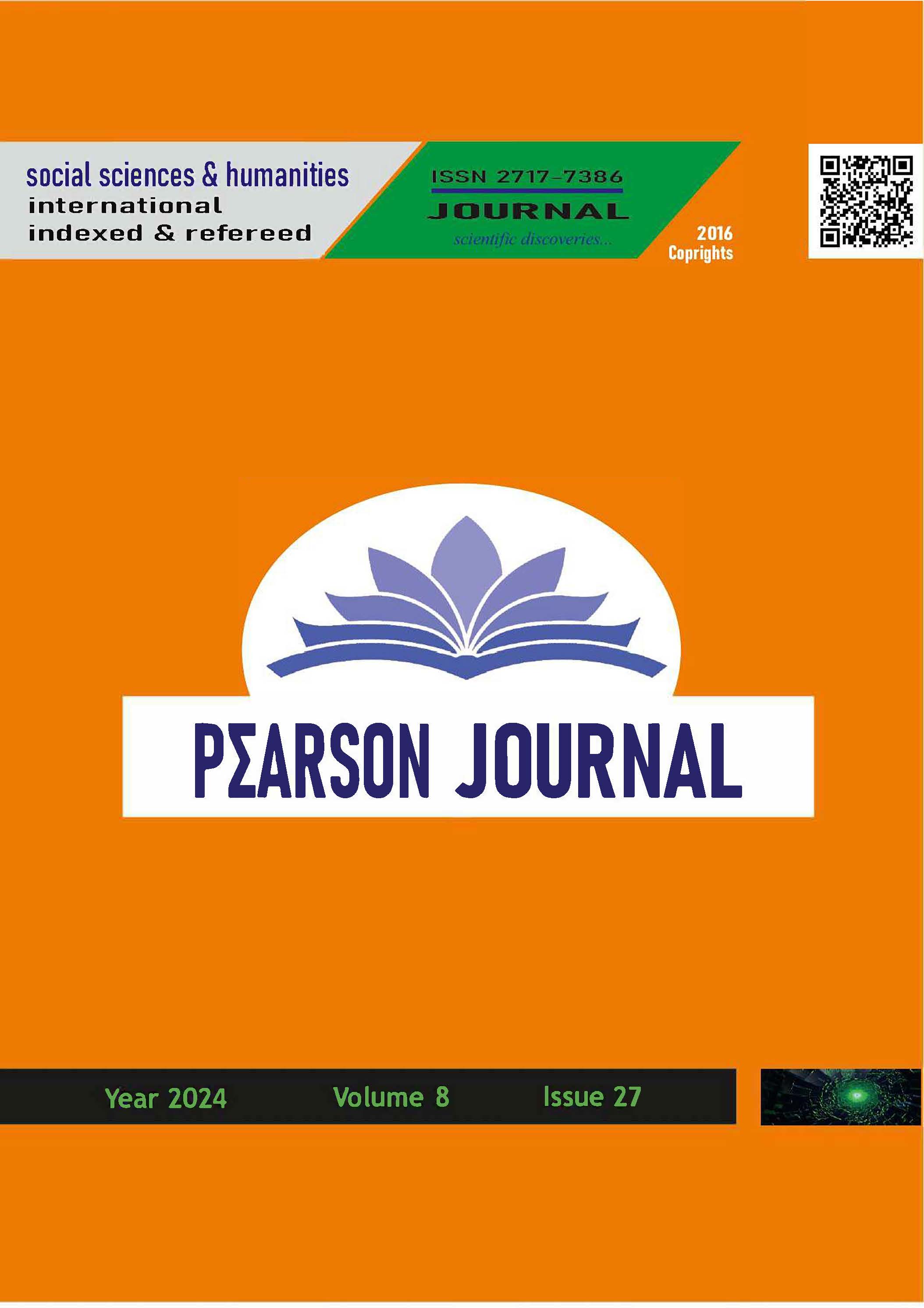A Comparıson of the Occupatıonal Balance Status of Publıc and Prıvate Sector Call Centre Employess
DOI:
https://doi.org/10.5281/zenodo.10702623Keywords:
Public, Private Sector, Call Center Employees, Occupational Balance StatusAbstract
Call centers are an area with busy and stressful working conditions, where you may encounter negative situations almost every day. Working conditions cause employees to experience physical, mental, social and mental health problems, and these problems are reflected in their work and non-work lives. The purpose of this article is to compare the occupational balance status of call center employees working in the public and private sectors. In this study, 86 public call center employees and 106 private call center employees participated. In order to measure occupational balance, the Activity-Role Balance Questionnaire -11 (ARDA11-T) and the sociodemographic information form were sent to the participants via an online survey method. IBM SPSS Statistics 26.0 was used in the statistical analysis of the data obtained. The comparison of occupational balance and type of employment (public or private sector) was carried out with independent sample t-test. No significant difference was found between the two groups in terms of occupational balance. In line with the findings, it was seen that the occupational balance status of the call center sector employees was similar regardless of the public or private sector, and this similarity was thought to be due to the fact that the problems and problems had a similar effect on the quality of life, regardless of the working type of the call center sector.
References
Akkaya, M., Yeşil, M. A. (2015). Serhat Bölgesi Kalkınmasında Çağrı Merkezi Fırsatı. Kars: T.C. Serhat Kalkınma Ajansı.
Bahadır Agce, Z., İldiz, MK., Erarslan S. (2021). Tip2 Diyabet Hastası Olan Bireylerin Covid-19 Pandemisinde Okupasyonel Dengenin Depresyon, Anksiyete, Stres ve Uyku Kalitesi ile İlgili İlişkisinin İncelenmesi, 5.Uluslararası Sağlıklı Yaşam Kongresi, Güven Plus Grup Danışmanlık A.Ş. Yayınları.
Berber Z., Tekin M. (2018). 112 Acil Çağrı Merkezlerinde Yönetim ve Organizasyon, T.C. Denizli Valiliği Yatırım İzleme ve Koordinasyon Başkanlığı 112 Acil Çağrı Merkezi Müdürlüğü, Denizli.
Dhas B.N., Wagman P. (2020). Occupational balance from a clinical perspective, Scandinavian Journal of Occupational Therapy, DOI:10.1080/11038128.2020.1865450
Günal A, Pekçetin S, Demirtürk F, Şenol H, Håkansson C, & Wagman P. Validity and reliability of the Turkish Occupational Balance Questionnaire (OBQ11-T). Scandinavian journal of occupational therapy 2020; 27(7): 493- 499.
Güney Yılmaz G, Zengin G, Temuçin K, Aygün D, Akı E. (2021) How the occupational balance of healthcare professionals changed in the COVID‐19 pandemic: A mixed design study. Australian Occupational Therapy Journal. 68(6), 520-34.
Kotanlı Kızıloğlu, Ş. (2022). Çağrı Merkezi Kavramına Genel Bakış, Atatürk Üniversitesi Açıköğretim Fakültesi.
Wagman, P., & Håkansson, C. (2014). Introducing the Occupational Balance Questionnaire (OBQ). Scand J Occup Ther, 21(3), 227-231. https://doi.org/10.3109/11038128.2014.900571
Downloads
Published
How to Cite
Issue
Section
License
Copyright (c) 2024 PEARSON JOURNAL

This work is licensed under a Creative Commons Attribution 4.0 International License.



